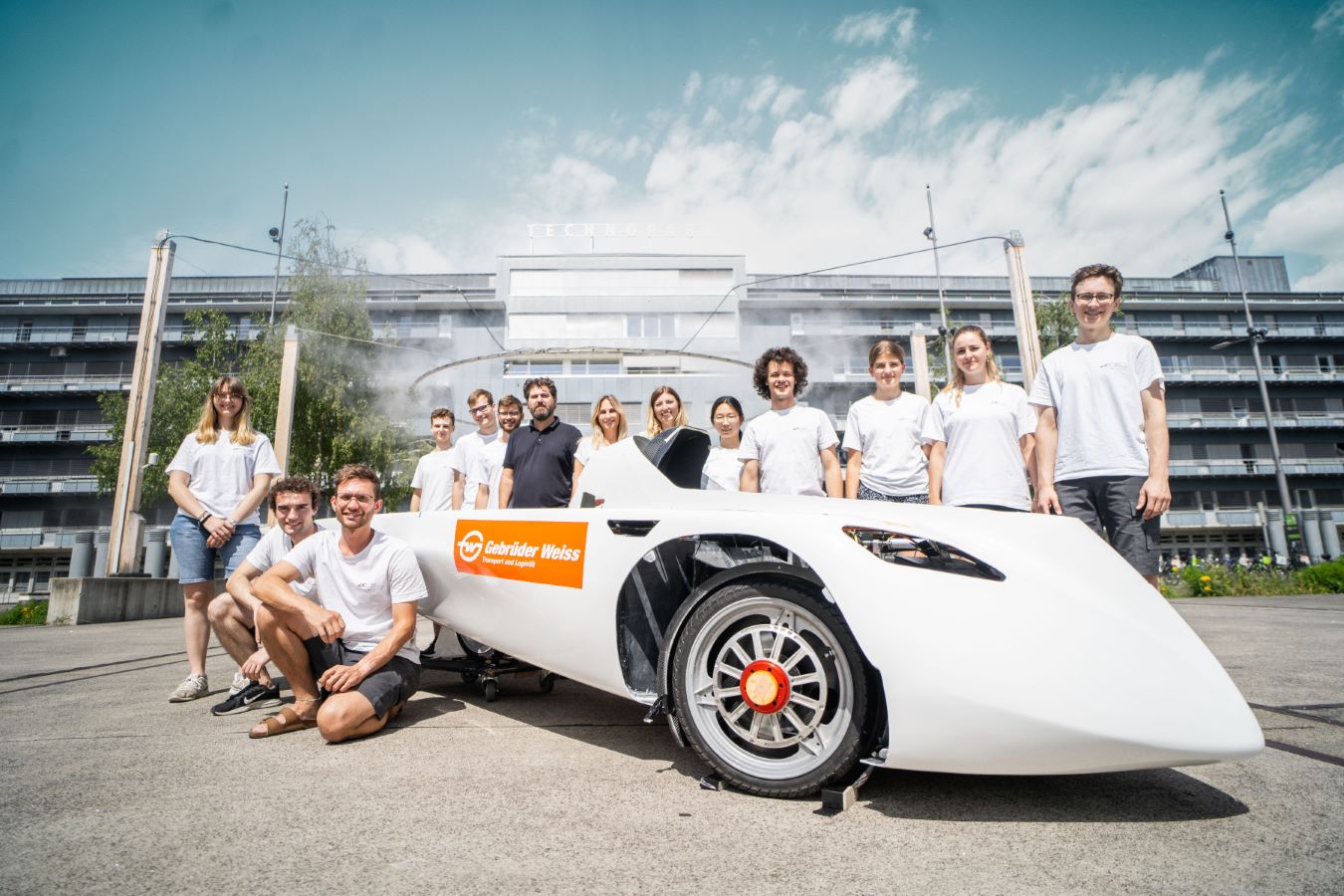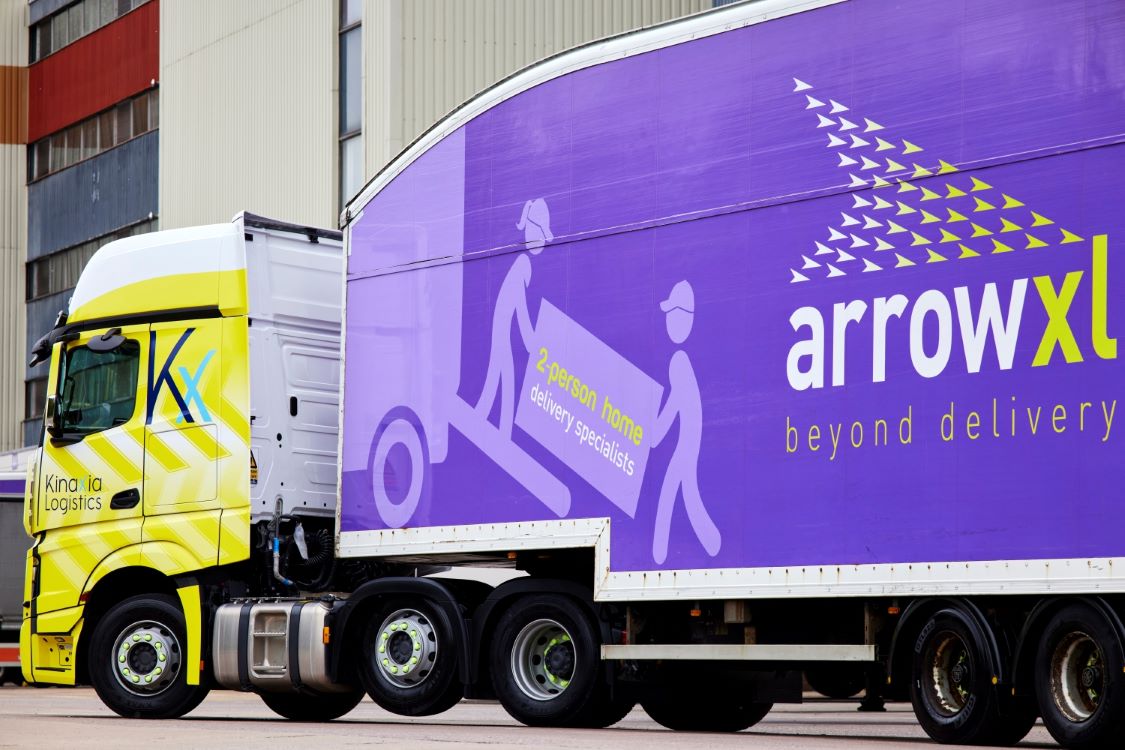What brings you back to your favourite online retailer? Other than product quality and range, it’s probably how quickly and competently they deliver your order. Consequently, the efficiency of e-fulfilment warehouses is critical for sales, as service level is a defining factor for customer retention. Automation solutions from experts such as Prime Vision provide warehouses with the tools and data that increase the accuracy and speed of order fulfilment, leading to enhanced customer satisfaction and repeat orders in the future.
Order, receive, repeat
An intuitive, attractive e-commerce platform with a good range of products is highly effective at catching potential customers’ attention. However, beyond initial exposure, holding onto them relies not only on the product meeting expectation but also on the service that follows the payment. A long delivery time, or a late arrival, will often push a consumer to another retailer that can do it faster. Shipping the wrong item means an unhappy shopper too, along with a costly return. All result in lost revenue and potentially, damaged reputation.
Customer retention is essential for the long-term viability of any business and is dependent on fostering loyalty and trust. It’s no secret that attracting a new customer is usually more expensive than retaining an existing one. Performing poorly at the dispatch and delivery stage will most likely result in a one-off order. Customer lifetime value (CLV) to the retailer would be equal to that single purchase and, considering customer acquisition costs linked to marketing and sales, the return on investment (ROI) could be disappointing – especially if that one order is returned.
Repeat customers are more lucrative, so retaining them is a top priority, and e-fulfilment operations must function effectively to keep consumers coming back.
Meeting service expectations with automation
Today, an efficient fulfilment operation is an automated one, and there is a wide range of smart automation solutions available that can raise service level and ensure customer orders are more than a one-time deal.
For example, automatic storage and retrieval systems paired with Prime Vision mobile autonomous robots (AMRs) and computer vision systems allow items to move faster through the warehouse. As a result, parcels containing orders are sorted quicker, reducing overall delivery times and the risk of a customer choosing another retailer with a shorter lead time.
This is achieved while improving accuracy. Inventory management systems, analytics software and computer vision provide full traceability across the warehouse. Operators can therefore usually identify errors before an item is dispatched, minimising returns and boosting customer satisfaction. Additionally, bottlenecks in warehouse sorting processes can be identified and resolved, further promoting efficiency.
Automation in peak demand
Automated operations are exceptionally proficient at catering for periods of high demand too – like Black Friday or Cyber Monday. An overwhelmed logistics operation results in delayed deliveries that can scare shoppers away. On the other hand, offering a consistent service level during these peak times is highly profitable. The latter is no easy task with current labour shortages in the sector. Thankfully software, robots and computer vision systems are very scalable. This means businesses can achieve higher warehouse throughput with limited resources, ensuring that existing staff aren’t overworked during peak periods.
Solutions such as Prime Vision’s Flow Projectors remove mind-numbing, time intensive tasks such as label reading, instead projecting a number that corresponds to a destination or chute on each parcel. Therefore, workers find sorting faster and easier. With these twin benefits, automation enables high demand to be met sustainably, protecting the existing workforce and safeguarding customer loyalty.
Data and discerning buyer behaviour
Gathering sales, warehouse stock inventory and other customer relationship management (CRM) data also empowers businesses to enact a feed-forward approach that can predict and influence customer behaviour. Working out buying habits means e-commerce platforms can use cross-selling or ‘frequently bought together’ features, encouraging shoppers to order more. For consumable products that are purchased repeatedly, the platform can suggest setting up a subscription.
On the fulfilment side, access to historical warehouse CRM data also allows buyer behaviours to be identified, so businesses can tailor their inventory management to capitalise. Bespoke analytics software backed by expert consultation focusing on particular areas of the fulfilment process are solutions Prime Vision has offered to its customers for leaner warehouse management.
Such an approach allows warehouses to optimise inventory volumes and individual product locations by actioning findings on what sells when and where, like surfboards in summer or by the coast. Businesses can then ensure availability for seasonally popular products and reduce delivery times by holding them locally. Often-paired items can even be stored in close proximity within the fulfilment facility itself. Once the data is gathered and analysed, the results can be a true eye-opener and, by addressing even a minor issue, a smoother, more efficient operation and time-saving practices can be established.
Get e-fulfilment right first time
In the experience of Prime Vision, automating e-commerce logistics can positively impact sales. The ability of automation to improve the efficiency of every aspect of a warehouse operation means faster delivery and reduced errors, enhancing customer service and fostering loyalty. Scalability ensures that this service level stays consistent even during peak times, protecting staff from burnout and maximising profitability at key moments. Using data to analyse and predict buyer behaviour can be used to enhance fulfilment operations, translating into high value, repeat purchases thanks to order accuracy and the speedy service received by customers.











